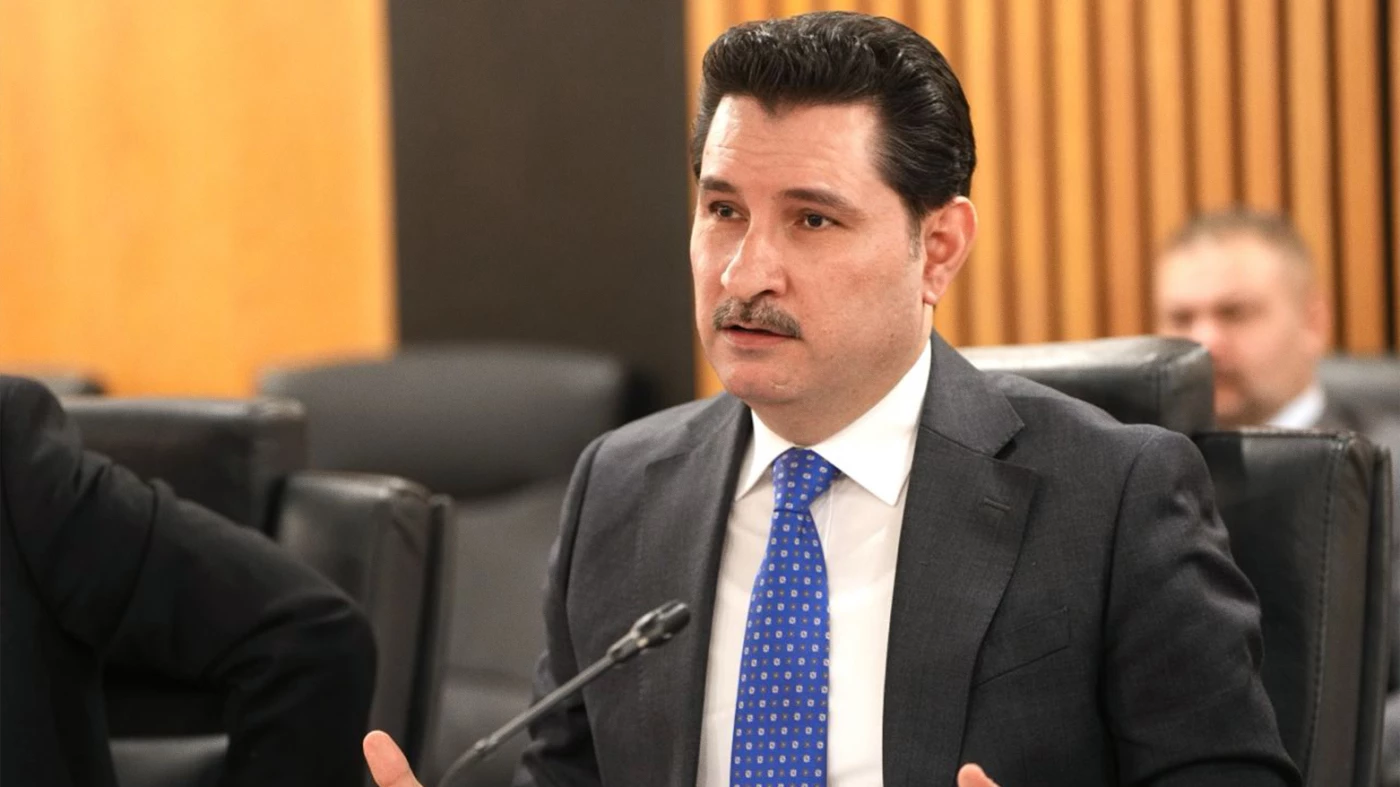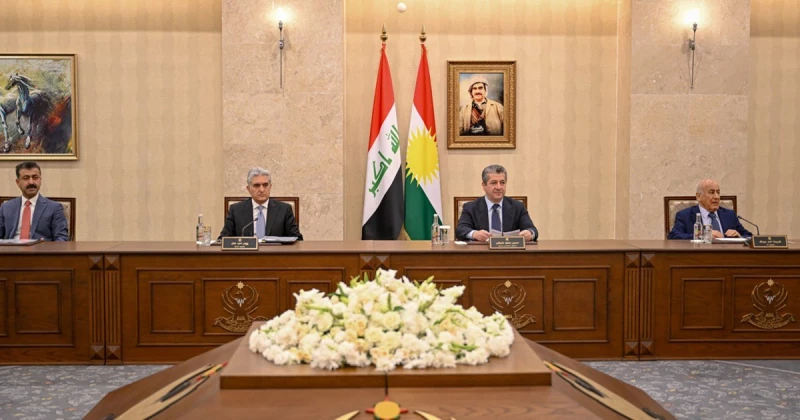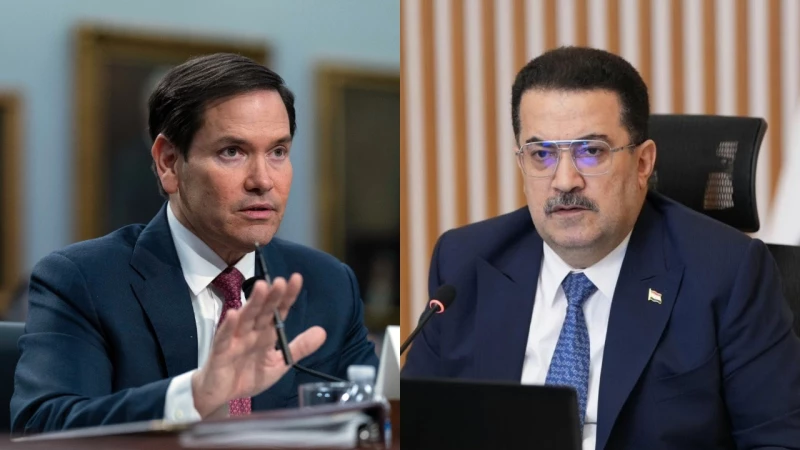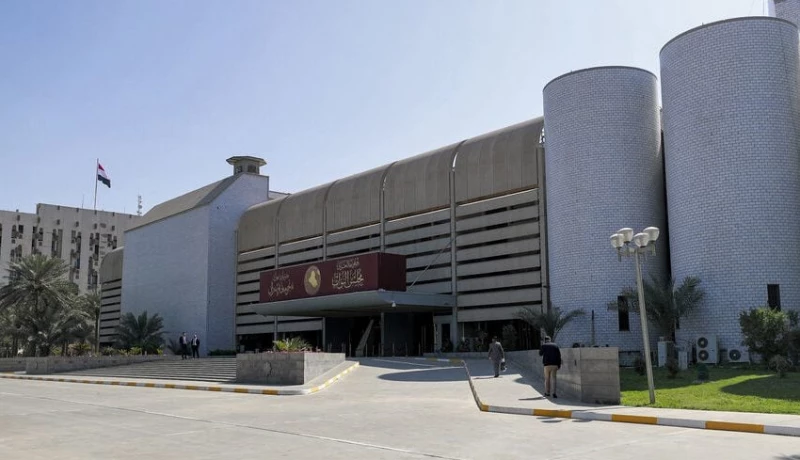ERBIL, Kurdistan Region of Iraq - The Iraqi government will release payments to Kurdistan Region’s civil servants “in the next few hours," a top Kurdish official in Baghdad said on Wednesday, while assuring the public that salaries will be disbursed for the rest of the year.
For years, the Iraqi government and the KRG have been at odds over managing the Kurdistan Region's oil fields and civil servant salaries. The latest dispute erupted in May after Iraq's Finance Minister Taif Sami told the KRG they would not fund the Region's salaries, claiming the Region had already exceeded its annual budget share.
An agreement was finally reached last week, where the Kurdistan Region agreed to export 230,000 barrels of oil through the federal government's State Organization for Marketing of Oil (SOMO), and to pay 120 billion Iraqi dinars in non-oil revenues to Baghdad as its share of the federal treasury, in exchange for salaries.
Erbil will start exporting the available amount of oil, currently 80,000 barrels per day, through SOMO, due to significant damage to oilfields caused by frequent drone attacks.
"I expect in the next few hours, the May salaries will be disbursed,” Iraq's Deputy Parliament Speaker Shakhawan Abdulla said, dismissing rumors of new issues with the Erbil-Baghdad deal.
"Salaries will continuously be disbursed until the end of the year, because they [Baghdad] will take the oil,” Abdullah added.
“Mr. Masrour Barzani, the prime minister of the Kurdistan Region, has stated that once oil exports resume, the volume will increase to reach the amount set in the budget law,” Abdulla said, noting that Baghdad understands that drone attacks targeting Kurdistan’s energy infrastructure have “significantly reduced” oil production after their inspection teams assessed the damage.
Since the start of the month, dozens of drone strikes have targeted oil facilities across Kurdistan, leading international oil companies operating there, including American firms, to suspend production.
“Initially, the [Iraqi government] was surprised that production had sharply declined. But when they sent their teams, they understood that the fields had suffered major damage,” Abdullah explained. “If you notice, the drones stopped after they [perpetrators] knew their strikes had hit the targets.”
The Kurdish deputy parliament speaker said Baghdad knows the drone attacks on Kurdistan’s energy infrastructure originate within Iraq.
“Between July 14-18, in four days, 14 drone attacks were carried out on the Kurdistan Region,” Abdullah said, adding they have provided Iraqi authorities with information on where the drones were launched and the targets hit.
The attacks on Kurdistan’s oil facilities, civil servant salaries, and the restart of Kurdish oil exports were also discussed in a phone call between US Secretary of State Marco Rubio and Iraqi Prime Minister Mohammed Shia’ al-Sudani, according to a Wednesday readout from the US Department of State.


 Facebook
Facebook
 LinkedIn
LinkedIn
 Telegram
Telegram
 X
X



